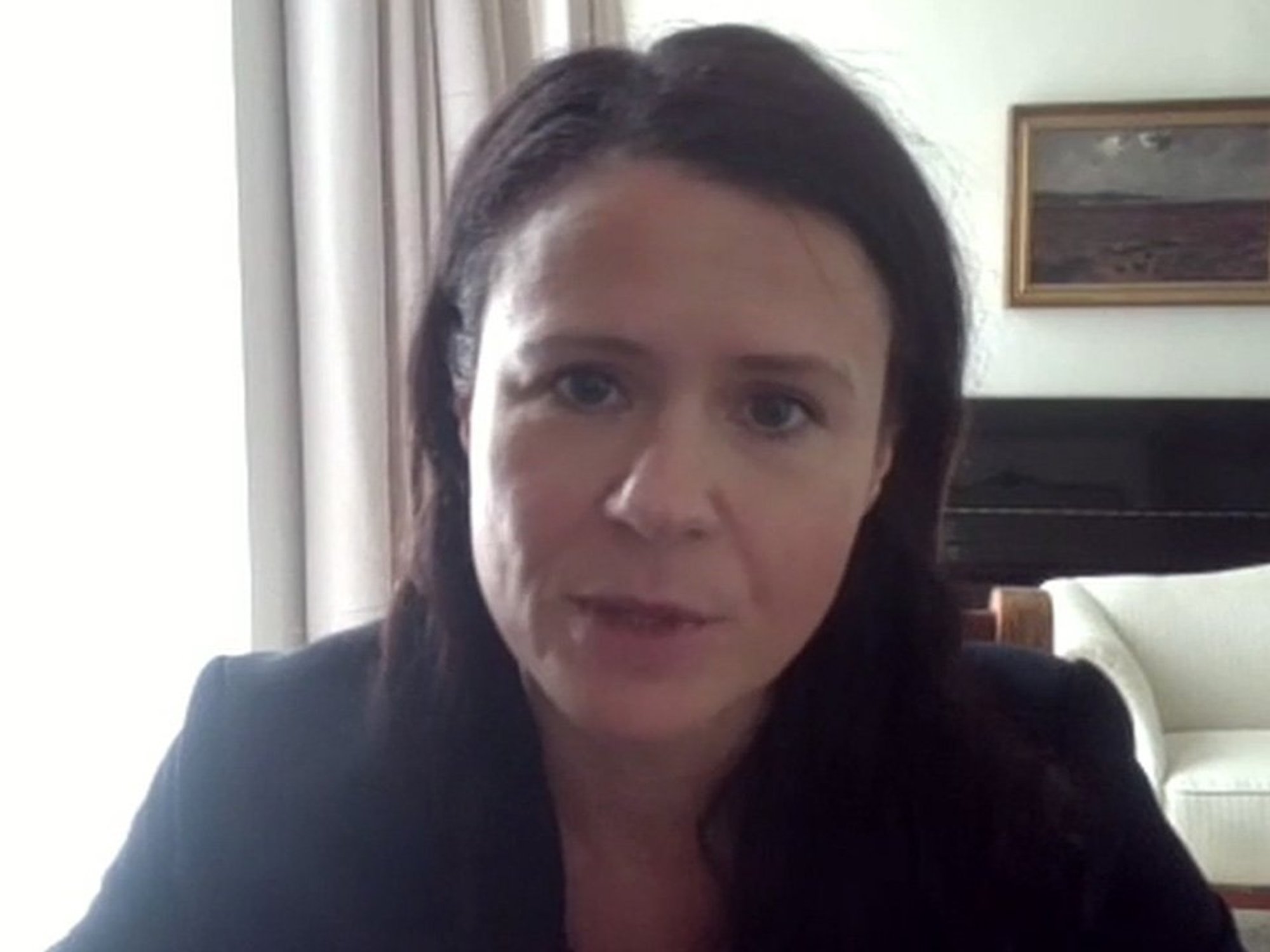Jeremy Corbyn's hard-left infiltrated every corner of Labour. Don't be fooled into thinking Starmer has fixed that problem, says Craig Whittaker

Sir Keir Starmer still has a problem with the Left, argues Craig Whittaker MP
| PA"If people think Keir Starmer will have a comfortable ride with his party going forward, think again"
Don't Miss
Most Read
Latest
I recently decided to see my youngest daughter in Bristol for a couple of days.
Although she comes home to the Calder Valley frequently, I had not been down to see her since her move a couple of years ago. In fact, it is over 40 years since I last visited Bristol and remember it as a vibrant and beautiful city.
What I saw on this visit made me cringe and left me a little ashamed. Yes, the beautiful buildings and structures are still there, but I found it to be incredibly unkempt with many of its buildings littered with graffiti.
I learned that the word ‘graffiti’ is old school; nowadays they call it ’tagging.’ Tagging is an art form where you can identify the ‘supposed’ artist by their artistic style.
I am sorry, but in my view, when those beautiful monuments, churches and statutes are covered in graffiti, it is an eyesore, a stain, disrespectful and even anarchistic. These people are not artists, they are vandals and unruly criminals.
I had a bit of spare time one morning and was enjoying the spring sunshine by the waterfront, just across from where Colston’s statue once stood.
I took the opportunity to chat to a group of eight university students whilst they smoked their roll-up cigarettes and drank Costa coffee. Playing the naive tourist, I asked to be reminded of what all the fuss was about when they unceremoniously dumped Colston into the Avon River. In unison they all said, “Slave Trader.”
Pushing my luck (they are supposed to be the educationally elite, after all), I asked, “but what else was he known for?” I was astounded that not one of them knew anything about this man, apart from being involved in slavery. They could not even tell me what his involvement in slavery was.
I was always under the (now seemingly deluded) impression that the privilege of attending university is that it intellectually opens, broadens, and stretches the mind. Sadly, not in this case.
A man from the 1600s, who engaged in the slave trade, must have had wealth to start with. A quick ‘Google’ shows that even before his involvement in the slave trade he was quite the entrepreneur, trading in wine, fruit and textiles with Spain, Portugal, and other European countries. He supported and endowed schools, houses for the poor, almshouses, hospitals, and churches with donations that would be worth millions of pounds today. The likes of my newfound Uni friends would have benefitted enormously from his generosity in one way or another in the 1600s, which was all before his involvement in the slave trade.
So where is this selective social and cultural boycotting coming from? If we were all held accountable for the sins of our ancestors (legal sins at the time), we would all surely be prosecuted for something that they had done in the past.
Is this the rise of the far left by stealth? This attitude and singular focus appear to manifest in various forms across Britain, contributing to a transformation that, in many aspects, is becoming increasingly our unrecognisable country.
I remember that even before the EU Referendum in 2016, discussions about Brexit and the issues related to our EU membership were prevalent when knocking on doors. These matters were either at the forefront of conversations or simmering just beneath the surface.
The 'Left' often attributed these issues to 'Right Wing' perspectives. Similarly, when Keir Starmer served as one of Jeremy Corbyn's lieutenants during his leadership of the Labour Party, extreme left-wing policies surfaced prominently, emerging from the underlying currents that had been festering just beneath the surface of conversations among individuals with left-leaning inclinations.
Corbyn’s (and by extension, Starmer’s) resurgence of hard-left ideologies was done in a traditional occurrence. One we have seen throughout political history.
What we are experiencing today is indicative of deeper societal trends entrenched within our educational institutions and others, like the civil service. Instead of fostering open-mindedness and exploration, indoctrination is the order of the day. The current environment is especially concerning for Jewish individuals at British universities who are left feeling marginalised and uneasy - a trend that predates 7 October 2023 and extends beyond the borders of our country.
During a Parliamentary delegation's visit to Israel and Palestine a few years ago, it was starkly highlighted that antisemitism had become alarmingly pervasive in European universities. There were concerns voiced that within as little as a decade, the Jewish population in France could significantly dwindle due to the prevalence of this issue. This worrying trend reflects the widespread dissemination of hard-left doctrine across educational institutions worldwide.
If people think Keir Starmer will have a comfortable ride with his party going forward, think again. Within our local Labour Party, which boasted the highest membership of Momentum outside of London, there's palpable disapproval towards Starmer, both as an individual and politically. This sentiment is engrained within the Labour Party.
Corbyn made sure that his ilk of left-wing ideology permeated every aspect of the party's structure, from processes to decision-making panels. It is unlikely to bode well for Starmer in the long term.
And it is not just Keir Starmer who faces challenges ahead; as a nation, we are on uncertain ground unless we address the pervasive nonsense that is infiltrating every aspect of society.
Whether labelled as "woke," "equality," or "diversity," it is essential to call it out for what it truly is: left-wing ideology. These proponents claim to champion open-mindedness and free thinking, yet their tolerance curiously vanishes when met with dissenting opinions.










